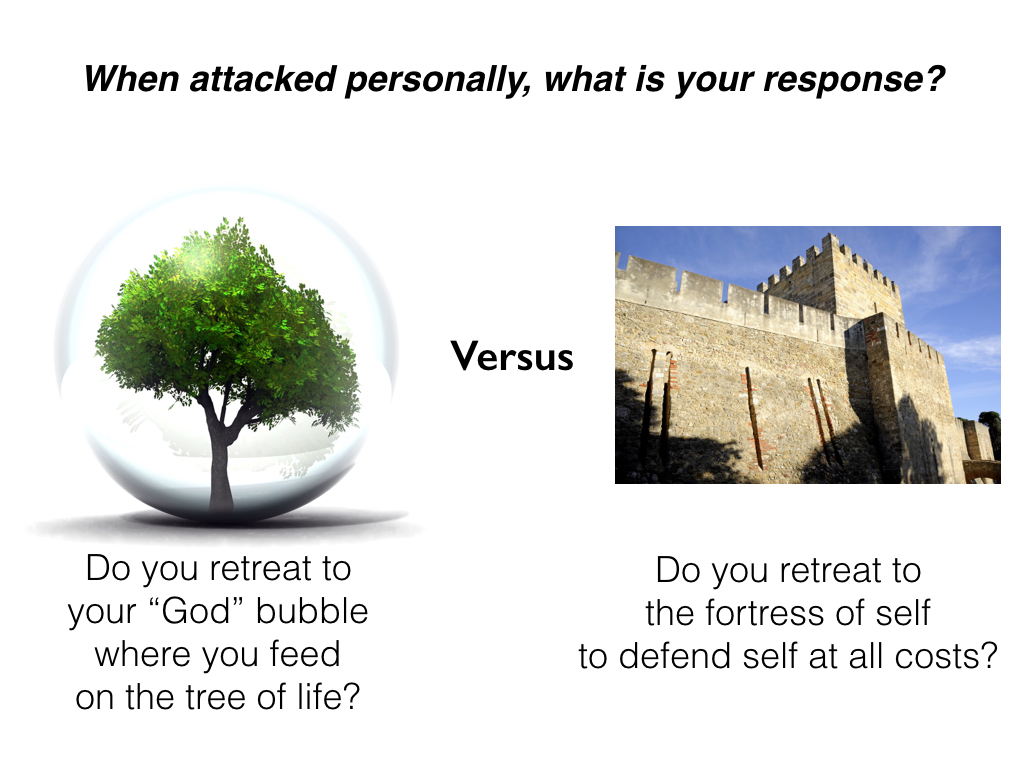
Written on January 12, 2024 in Wilhelmina Bay, Antarctica
What are the main themes and takeaway lessons from the seldom read book Book of Job? There are several. But recently while cruising in the waters of the Antarctic Peninsula with my Bible open to the end of this interesting book about a man who lost everything and was trying to figure it all out, I experienced a eureka moment in my understanding as to the deeper meaning of this somewhat enigmatic book.

While viewing the unspeakably beautiful and endless whiteness of that spectacularly majestic continent just a few feet outside my stateroom balcony door, my heart and mind were transported to another place not only physically but also spiritually. From that vantage point in time and space against that backdrop of this seemingly infinite and mysterious landmass, I suddenly viewed Job in a new light. He was a man searching for answers to the perennial conundrums of life that have perplexed humans from day one. How did the Antarctic trigger this spiritual connection? As a finite being myself briefly travelling through the Antarctic, while trying to take in sights I had never seen before and comprehend the infinite whiteness unfolding before me, it came to me that I was in a similar place as that of Job and his three friends thousands of years trying to comprehend things that were beyond their ability to do so. Who are we in this vast cosmos on a spaceship called earth, and where to we fit in to the big scheme of things?
It is clear from reading this book that Job is trying to understand the ways of Elohim and answer the unanswerable questions that have perplexed and plagued men’s hearts and minds from the beginning. These perennial conundrums that most thinking humans attempt to answer are: What is the meaning of life? Why am I here? Where am I going? What is the significance of good versus evil and where does man figure into this paradigm? Why do bad things happen to ostensibly good people? If there is a good God, then why is there suffering and evil in the world? With man’s intellect, Job and his “friends” attempt but fail to answer these enigmatic questions. The answer comes from two unexpected sources.
After Job and his three friends have exhausted themselves arguing back and forth trying to answer these perplexing questions, Elihu, a young man who may be short on years but is long in wisdom and understanding, enters the scene. He takes the discussion in a different direction and to a higher level and leaves the others behind to wallow in the dust of the futility of their supposed intellect and self righteousness. He asserts the righteousness and superior intellect and wisdom of the Creator. Elihu’s input sets the stage for what happens next.
Suddenly and without warning or man’s permission, the Sovereign Creator of the universe and all that is therein unexpectedly manifests himself in the physical realm in a whirlwind. This whirling windstorm can either be interpreted literally, or it can be viewed as a poetic metaphor symbolizing the whirlwind of human emotions and mental circumambulations. Perhaps both interpretations are correct. Certainly the Creator could have used a literal tornado to punctuate the situation and to demonstrate his power. He used a similar but opposite demonstration later on with Elijah in the cave on Mount Sinai. Whatever the case, what message was YHVH Elohim in this most demonstrative manner attempting to convey to Job and his friends?
One things is evident from YHVH Elohim’s uninvited intervention into the affairs of men. After capturing and then demanding man’s attention, he asks a series of questions. Through this, he is signaling to man an important message. He is telling his human clay creations that “I need neither man’s invitation nor his permission to do anything anywhere to anyone whenever it pleases me or suites my sovereign and mysterious purposes to do so.” Then for four chapters Yehovah Elohim commences to give his earthlings an instructive lesson that is intended to squelch all human reasonings and debates proffered thus far in the Book of Job pertaining to the ways, whys and wherefores of the Creator.
During the Almighty’s monologue, interestingly YHVH totally ignores Job’s three foolish friends as if to say your comments are not even worthy of my time. “The reasonings and theological philosophies of men are foolishness to me, so off with you!” Then in Job chapter 42, YHVH gives these three men a quick nod by demanding that they repent of their sin of misrepresenting the Creator through their pretend wise, yet foolish words.
As far has YHVH’s response to Job is concerned, to our Western logic-based mindset where four must irrevocably follow the question, “What is two plus two?” it seems aloof and appears to miss the mark of man’s inquiry as to the meaning of life and the perennially nagging and unanswered questions that have plagued men forever. So what is the deciphered meaning of YHVH’s non-answer answer to righteous Job who is the undisputed apple of his eye above all other humans on earth? Simply this: Your finite mind is incapable of understanding the Infinite, so stop attempting to do so with your foolish, pea brains. Moreover, in an indirect way that often befuddles our Western syllogistically based logic, YHVH is telling Job that if you cannot even answer the most basic questions about the animals of my creation, how do you expect to answer the complex questions pertaining to the higher life forms called humans. And if you cannot answer these questions, then how can you even begin to comprehend the Infinite Creator of it all? Therefor, put your hand over your mouth (translated: “Shut up!”), stop trying to quantify the unquantifiable and label that which can neither be described nor put into neat labeled boxes by humans. If humans can put Elohim into a box, it simply means that they can then label that box, package it with a colorful and attractive wrapping and then market it to other humans for their own profit and glory. The Creator says, “Away with this nonsense!”, for he refuses to play these silly sandbox mind games invented by his puny and ridiculous children, who are trying to play god to other humans for their own selfish ends!

This, I humbly submit, is one the greater messages of the Book of Job which I ascertained while observing the endless, seeming infinite, and majestic white expanses of the Antarctic contrasted with my own finiteness, limitations and lack of understanding of much about this continent and life in general. Viewing such extraterrestrial and surreal scenes while studying the Bible tends to transports one to a different place spiritually as it opens up new perspectives and vistas. One quickly sees how small man is and how great the creation of this earth is and, by extension, how great the Creator is. Can I understand the mysteries of the Antarctic such as how the ice that is sometimes miles thick was formed, how old the ice is whether thousands or millions of years old, the movement of glaciers, the death-defying coldness of that region, or how the sea life survives in such an inhospitable environment? No. So like Job, since I cannot even answer some of the most basic question about how life works on this earth, much less the ways of YHVH Elohim, I humbly put my hand over my mouth and just trust that my Father in heaven has it all figured out and that things will work out for me for my ultimate good and betterment, as they did for Job. I have faith that YHVH loves me and that he is all powerful. What more is needed?









